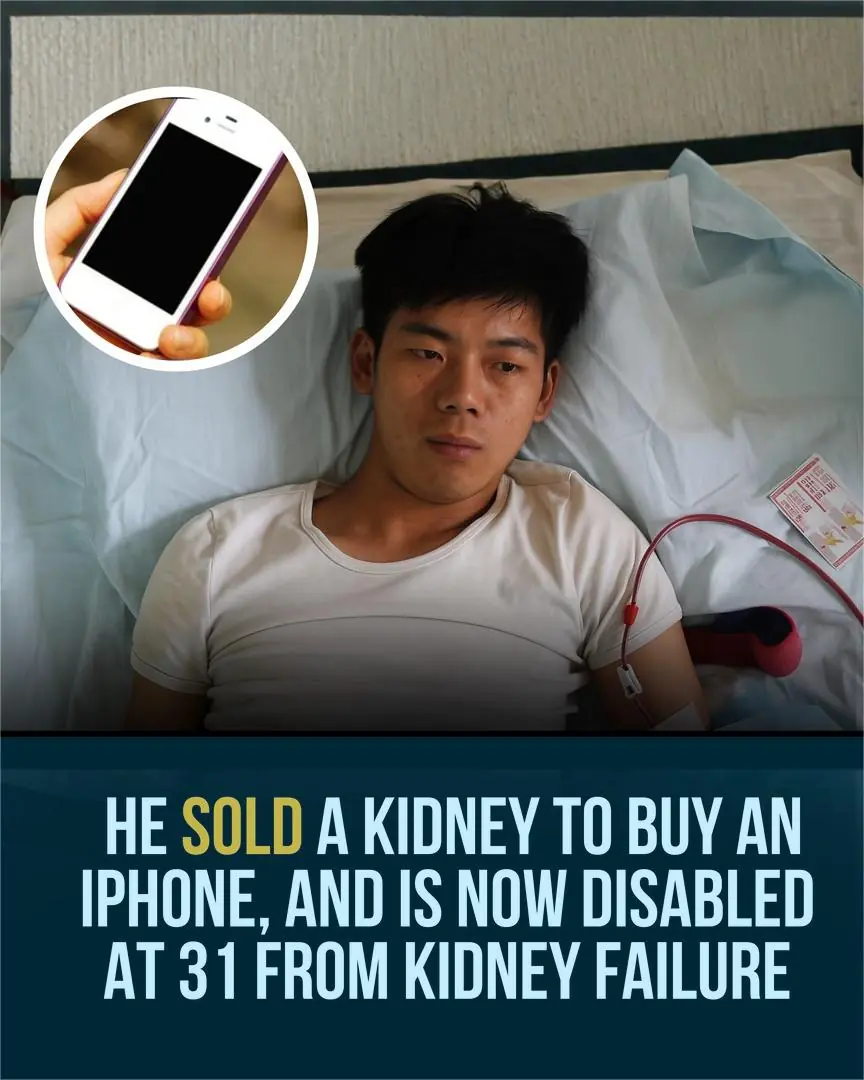
The High Price of a Status Symbol: How a Teen’s Kidney-for-iPhone Deal Became a Cautionary Tale
In the spring of 2011, a 17-year-old high-school student from rural Anhui, China, set off on a journey that would make him briefly famous and then haunt him for years. His name was Wang Shangkun. Like millions of teenagers, he wanted the newest gadgets—the iPhone 4 and iPad 2. Unlike most, he believed the only way to afford them was to sell a part of himself.
What followed was a black-market operation that exposed the worst mix of online manipulation, medical corruption, and tech-driven status pressure. It also left a young man with life-altering injuries—and a story that keeps resurfacing every time a new phone launches.
A Deal Made Online
Wang’s family struggled financially. On social media and online forums he encountered middlemen touting easy money for a “spare” kidney. The pitch sounded simple: one operation, a discreet payment, and a brand-new life with the latest devices to prove he had “made it.”
He agreed to meet brokers who arranged travel to Hunan province, where an illegal clinic had access to a surgeon, operating room, and forged paperwork. For the organ, Wang was promised about 20,000–22,000 yuan (roughly USD $3,000–$3,500 at the time). The brokers, meanwhile, stood to pocket a far larger sum by reselling the kidney to a private recipient.
To a teenager, the payoff looked irresistible. He returned home with an iPhone and an iPad—prizes that, to his peers, spelled instant cool.
Surgery in the Shadows
The operation took place outside proper hospital oversight. There was no legitimate donor registry, no ethics committee, and no after-care plan. In that underground setting, sanitary standards and post-operative monitoring were catastrophically lax.
Within months, Wang’s health began to collapse. The surgical wound became infected; the strain on his remaining kidney mounted. Without expert follow-up, his body slid toward renal failure. The thrill of two glossy boxes lasted days; the damage from the operation has lasted years.
A Family’s Shock—And a National Reckoning
Wang’s mother discovered the truth when she saw the expensive devices and then the scar. The case drew nationwide attention. Investigators traced the network behind the operation: recruiters, the fixer who rented the operating room, the surgeon, and other accomplices. Several were arrested and later convicted on charges related to illegal organ trading and intentional injury.
The story inflamed public anger not just at the criminals, but at a system that let such a scheme seem plausible to a minor. It fueled debate about inequality, the commercialization of health, and the growing fixation on status symbols that can drown out common sense.
Long After the Headlines
As the years passed, updates painted a grim picture. Wang’s remaining kidney deteriorated. He became dependent on dialysis and spent long stretches bedridden. The devices he sacrificed his health for were obsolete within a year; the consequences of the surgery were not.
Today, his case is invoked in classrooms, health-ethics lectures, and media coverage as a shorthand for the dangers of the organ black market and the pressures young people face online. It also became a catalyst for conversations about legitimate organ donation, greater oversight of private clinics, and the exploitation of financially vulnerable communities.
Why This Happened—and Why It Still Matters
1) The illusion of “easy money.”
Brokers preyed on a teenager’s short-term thinking. A modest cash payout felt enormous compared with his allowance, but it was a fraction of the value they extracted from his organ.
2) Technology as identity.
The iPhone 4 wasn’t merely a phone—it was social capital. In many places, devices have become markers of belonging, success, and self-worth. Combine that with viral hype cycles and it’s easy for a teenager to confuse want with need.
3) Medical gray zones.
The operation exploited gaps in enforcement, from rented facilities and complicit staff to forged documents. It’s a reminder that medical skill without ethics can be devastating.
4) The cost of misinformation.
Online spaces amplified both the offer and the rationalizations: that a person can “spare” a kidney with zero risk; that the surgery is routine; that recovery is quick. Reality is more complicated, especially outside regulated systems.
Lessons for Families, Platforms, and Policymakers
-
Talk early—and concretely—about health risks and online scams. Teenagers need real numbers: what dialysis entails, what infection can do, what “lifelong treatment” looks like in time and money.
-
Platforms must act faster on organ-trafficking content. Recruitment often begins with innocuous posts in chat groups and classifieds. Proactive monitoring and rapid takedown matter.
-
Healthcare oversight can’t stop at the hospital door. Crackdowns need to include rented operating spaces, licensing audits, and whistleblower protections for staff pressured to participate.
-
Offer credible alternatives. Public education on lawful organ donation and financial aid for students can reduce the appeal of risky shortcuts.
The Human Bottom Line
Wang Shangkun’s experience is not a fable about vanity; it’s a tragedy about vulnerability. A savvy black-market network spotted a teenager’s desire to belong and turned it into profit. In the space of a single operation, he traded a healthy organ for two devices that would be outdated by the next product keynote.
His story endures because it asks a hard question: What are we teaching young people to value? If the answer is measured by what they carry in their hands rather than how they care for their bodies and futures, we will keep seeing versions of this story.
The newest phone will always arrive next year. Your body will not.
News in the same category


The Windows 10 Wallpaper That Was Shockingly Real

Olympic Medal Turned Into a Miracle: The Selfless Act of Maria Andrejczyk

A Little Boy’s Silent Prayer That Touched the World

Bullied 7-Year-Old Boy Finds a Kindred Spirit in Cat With the Same Rare Conditions

Single Dad in Thailand Dresses as Mom to Support His Daughter
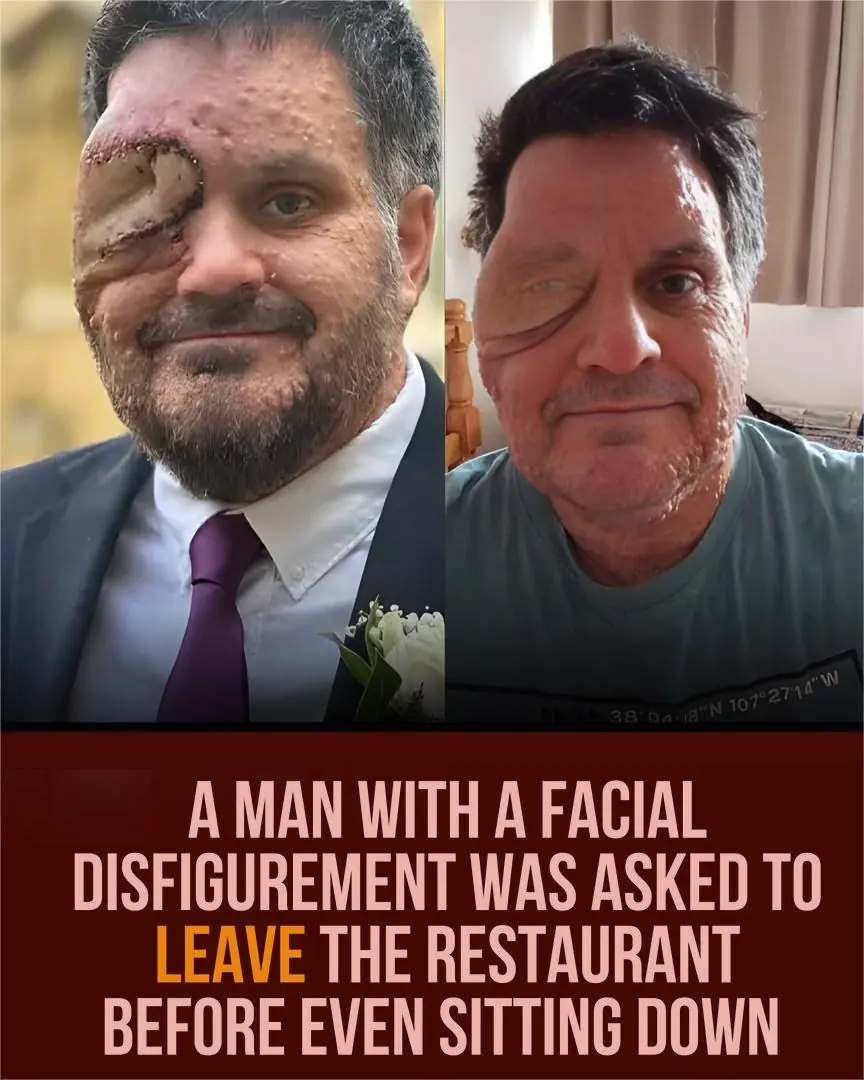
Man With Facial Disfigurement Asked to Leave Restaurant Before Sitting Down

She Had 43 Cosmetic Procedures To Become A Barbie Doll – Critics Say She Looks Like A ‘Zombie’

She believed it was just an ordinary photo — but zooming in revealed a shocking truth that turned her world upside down

Newly married couple tragically discovered dead in their car just weeks before celebrating their first anniversary
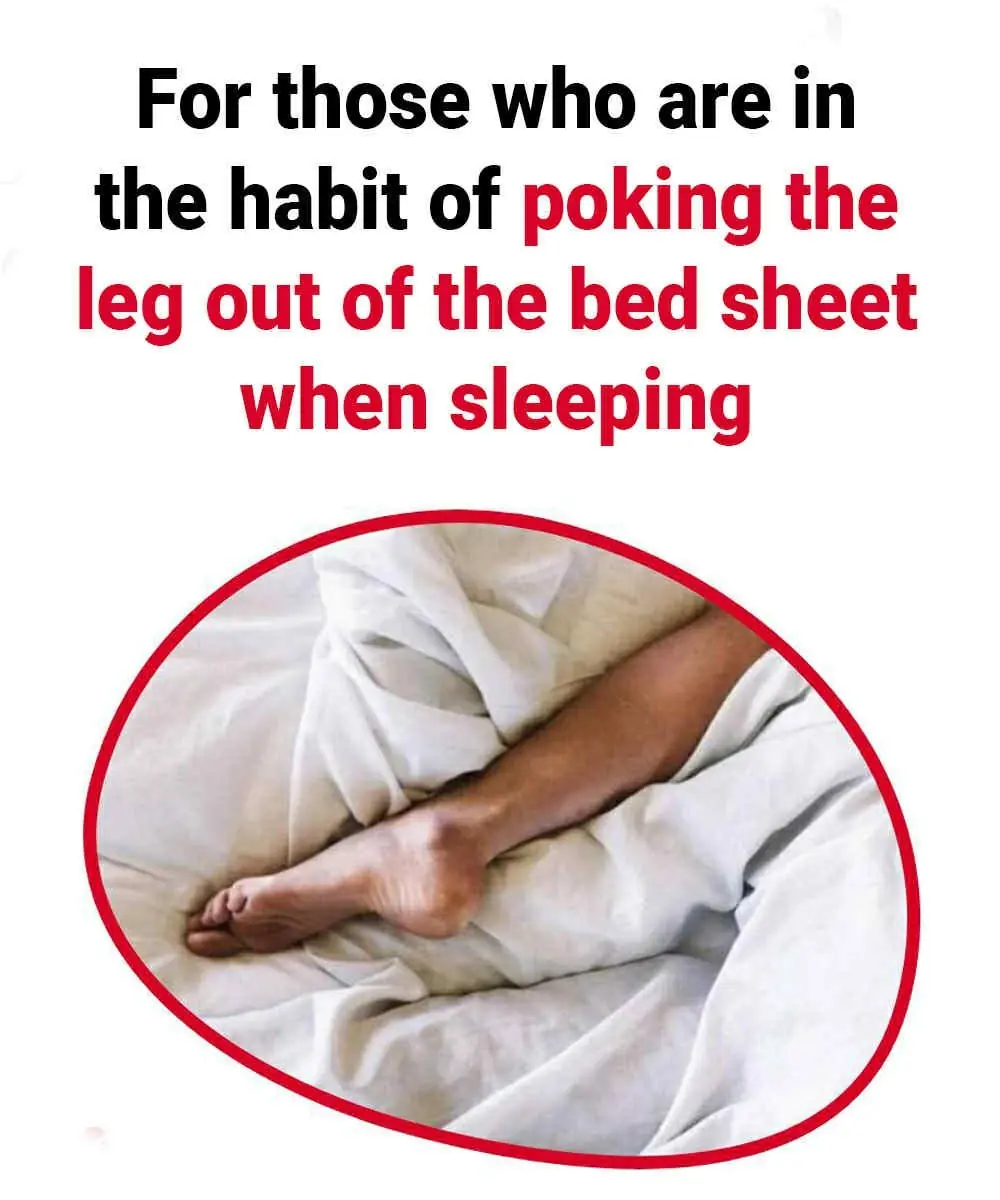
Sleeping Trick? Why Sticking One Foot Out Actually Works

Two best friends died hand in hand in an accident right before prom night

Divorce warning signs you might be ignoring
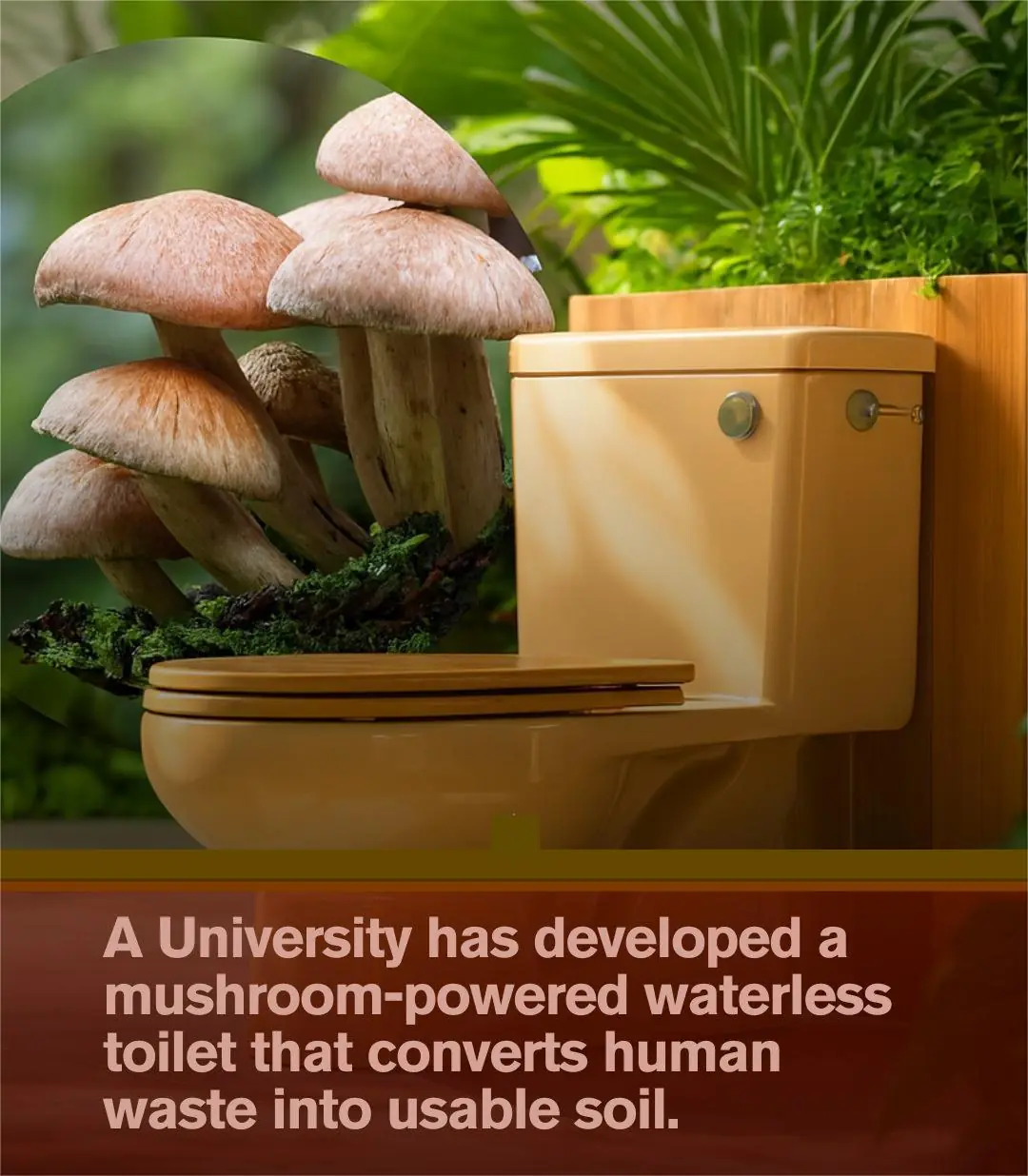
🌱 UBC Scientists Develop the World’s First Mushroom-Powered Waterless Toilet

Elon Musk: Building a Thriving Mars Colony Means 100,000 People, 1 Million Tons of Cargo and a Mission Beyond Just Arrival

October 21: Rare Green Comet Meets Orionid Meteor Shower in a Double Cosmic Spectacle
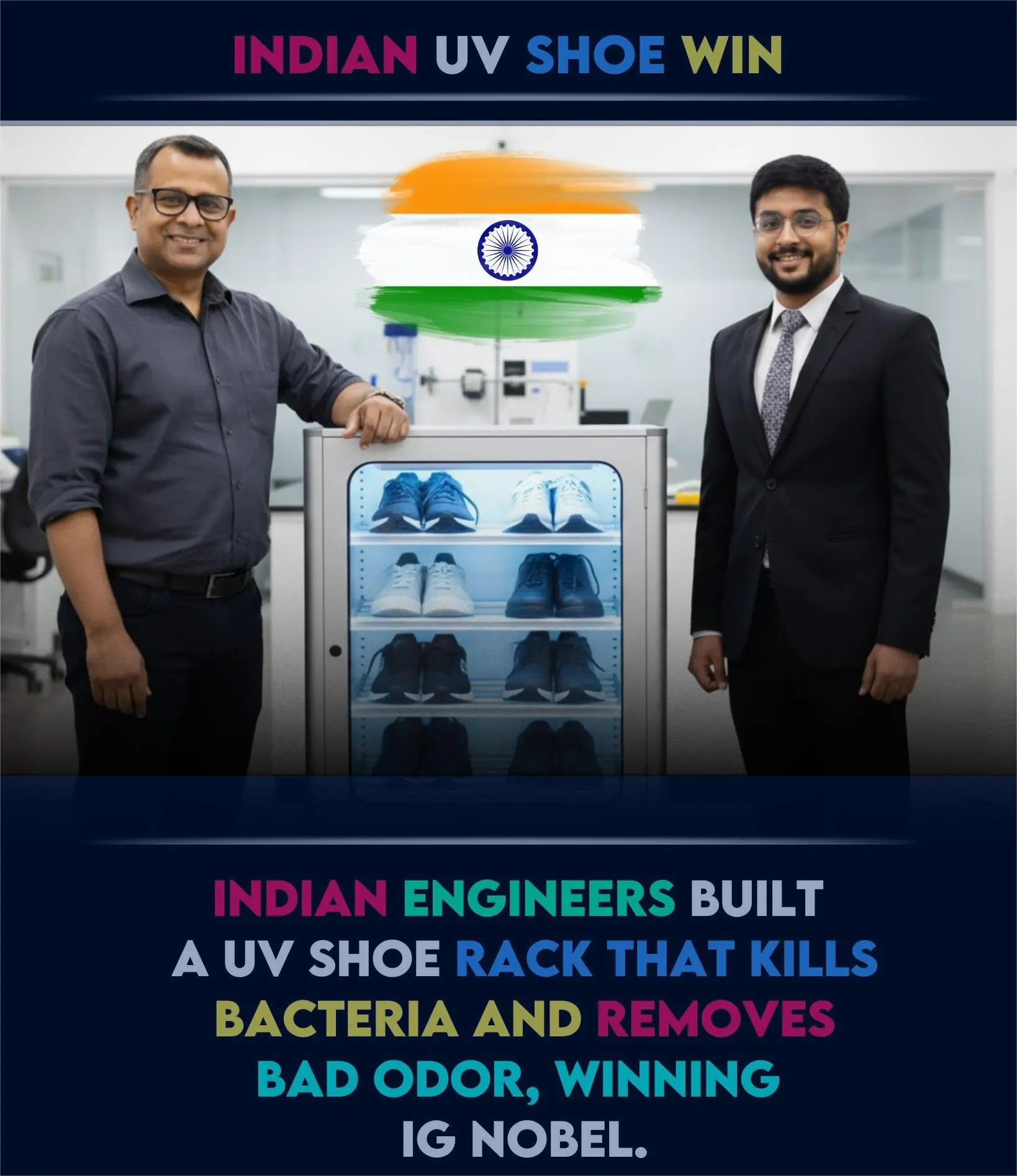
Indian Engineers Win Ig Nobel Prize for UV Shoe Rack That Kills Bacteria and Eliminates Odor

Nobel Prize 2025: Breakthrough Discovery Reveals How the Immune System Knows When to Stop Attacking Itself

GE’s Haliade-X: The World’s Most Powerful Wind Turbine Revolutionizing Clean Energy

Google Grants a Special Birthday Wish from a Little Girl
News Post

WHAT HAPPENS WHEN WE TONGUE KISS…See more

Nature’s Secret: 4 Healing Leaves That Support Metabolism, Immunity & Circulation Naturally

Don’t Drink Coconut Water Before You Know These 11 Secrets!

Pumpkin Seed Milk — The Natural Parasite Cleanser

Fast Rice Water Trick for a Brighter Smile

Morning Drink to Revive Your Kidneys Fast

The Onion Recipe That Could Transform Your Blood Sugar, Support Cleaner Arteries, and Protect Your Heart!

Top 4 Fruits That Help Your Kidneys Flush Out Toxins While You Sleep

Ginger, Clove, and Honey: The Natural Trio Your Body Will Thank You For

Heal 15 Years of Joint Pain Naturally with Turmeric and Honey Tea

This Juice Revived My Grandma’s Energy — Say Goodbye to Fatigue and Body Pain with This Natural Recipe

The Benefits of Eating 2 Boiled Eggs Every Morning: Transform Your Health!

If Your Kidneys Are in Danger, Your Body Will Send You These 8 Signals — Don’t Ignore Them

The Surprising Effects of Avocado on Your Heart and Brain

Ways to Get Over a Man Who Didn’t Value You

I’m 66 but Look 36 — My Secret? Aloe Vera & Ginger for Firm, Smooth Skin

How to Make Okra Water to Treat 17 Health Problems Naturally

Banana and Egg Mask to Look Younger Even in Your 80s

Scent Leaf Secrets Unveiled: 10 Surprising Health Benefits of This Miracle Herb

